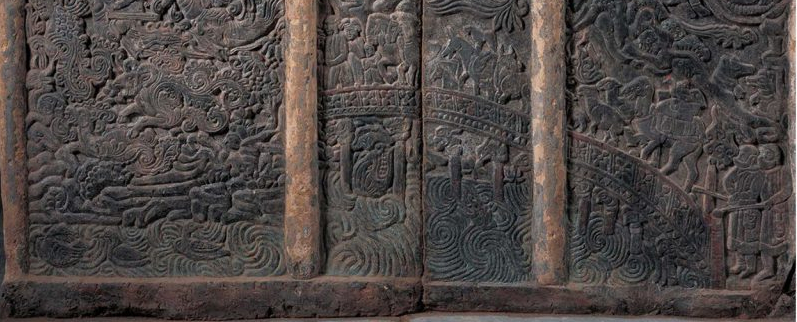
The notions of paradise and hell are so fundamental to some religions, such as Christianity and Islam, that it is difficult for us to imagine these without them. However, in the history of religions, these concepts did not exist from the beginning, but were conceptualized somewhere along the way. The interactions of some religions in antiquity and late antiquity in this regard have been the focus of much scholarly debate. Doubtless is, however, the role of Zoroastrianism in ancient Iran in the invention, development and dissemination of these concepts in the history of these entangled religions. This course will deal with the beginnings of Zoroastrian eschatology and the invention of paradise and hell, the idea of reward and punishment for the soul in the hereafter as a result of a person's deeds in this world. After a theoretical discussion of eschatology in the first sessions, we will concentrate on the oldest Zoroastrian texts to find the roots of these eschatological ideas, and then move on to the texts of the first millennium BC, where these ideas were first conceptualized. Later in the semester, we will turn to the texts of the Sasanian and early Islamic periods, which reveal a collective eschatology alongside the original individual eschatology. We will also look at the encounters between Zoroastrianism, Judaism, Christianity and Islam. To this end, we will use translations or secondary literature that discusses eschatological themes in these texts.
The seminar is open to MA and BA students. The language will be English. Active participation in the discussions and study of the literature provided for the sessions will be mandatory for the acquisition of the corresponding credit points
- Kursleiter/in: Seyedehroghayeh Hasanichenar
- Kursleiter/in: Seyedehroghayeh Hasanichenar
- Kursleiter/in: Kianoosh Rezania
